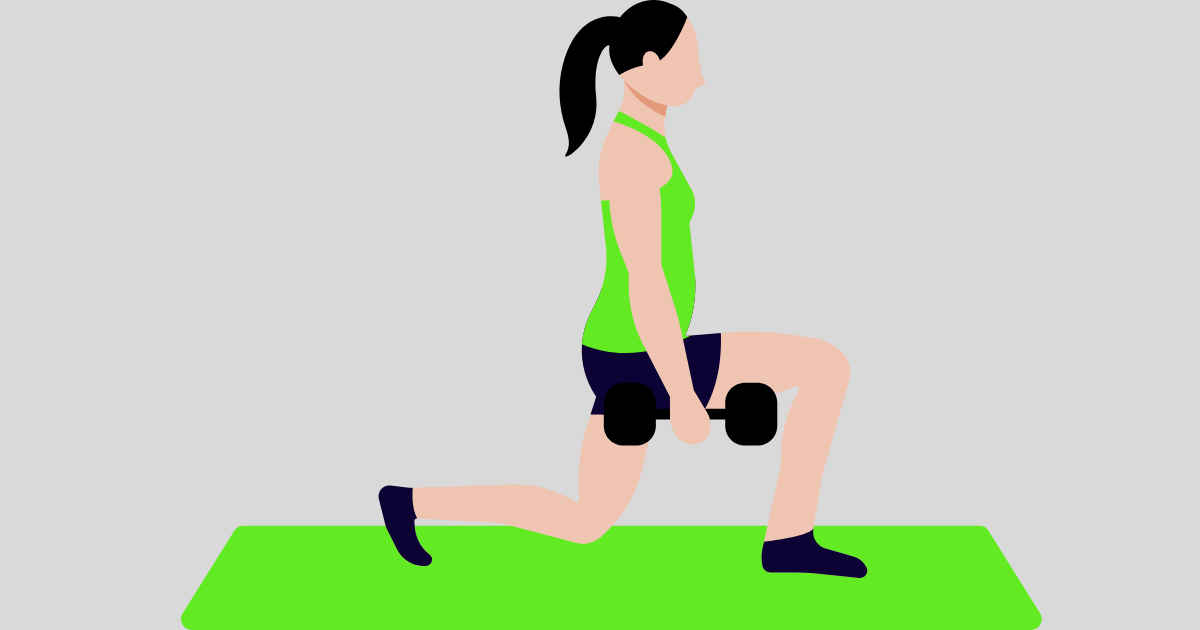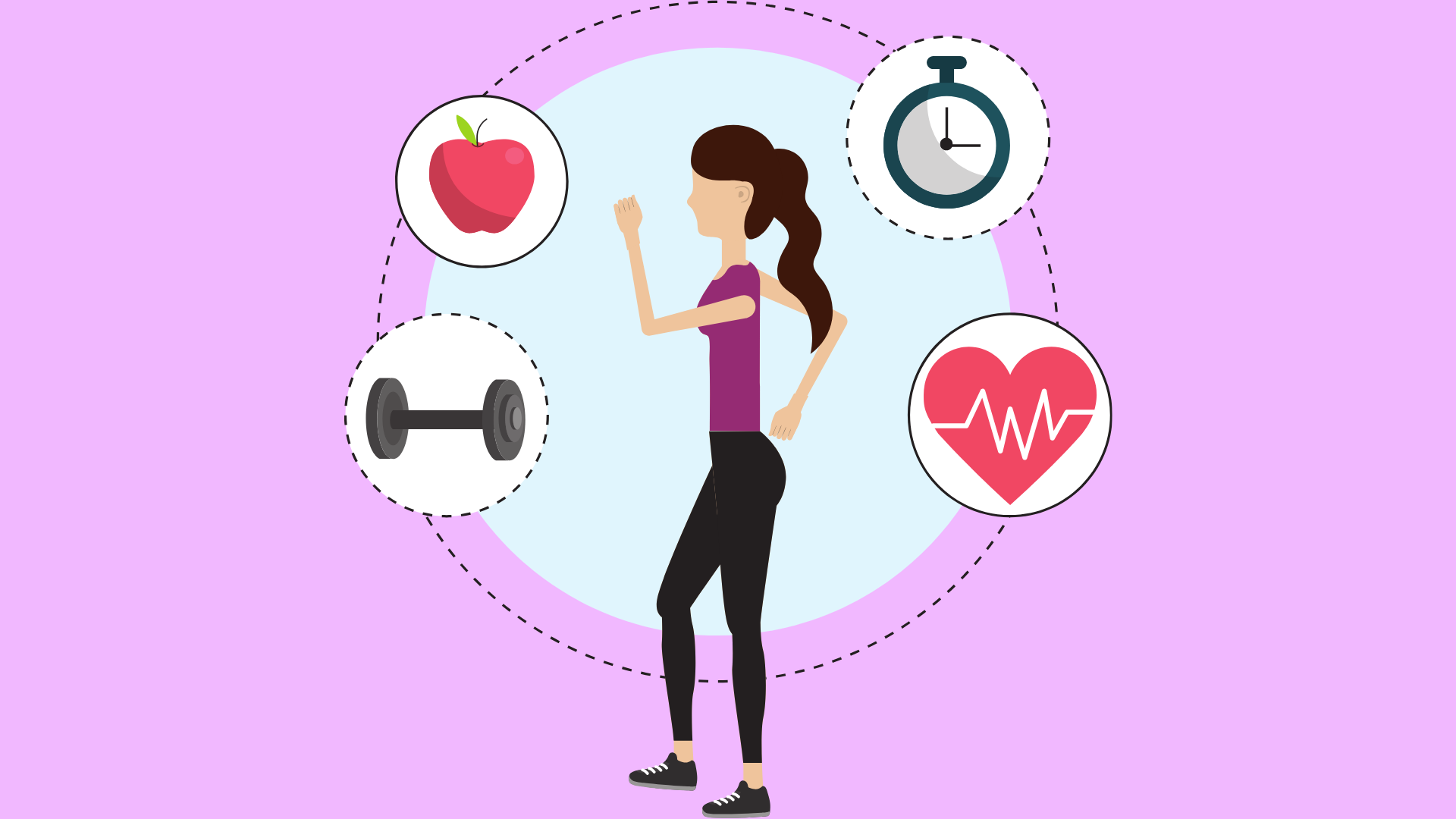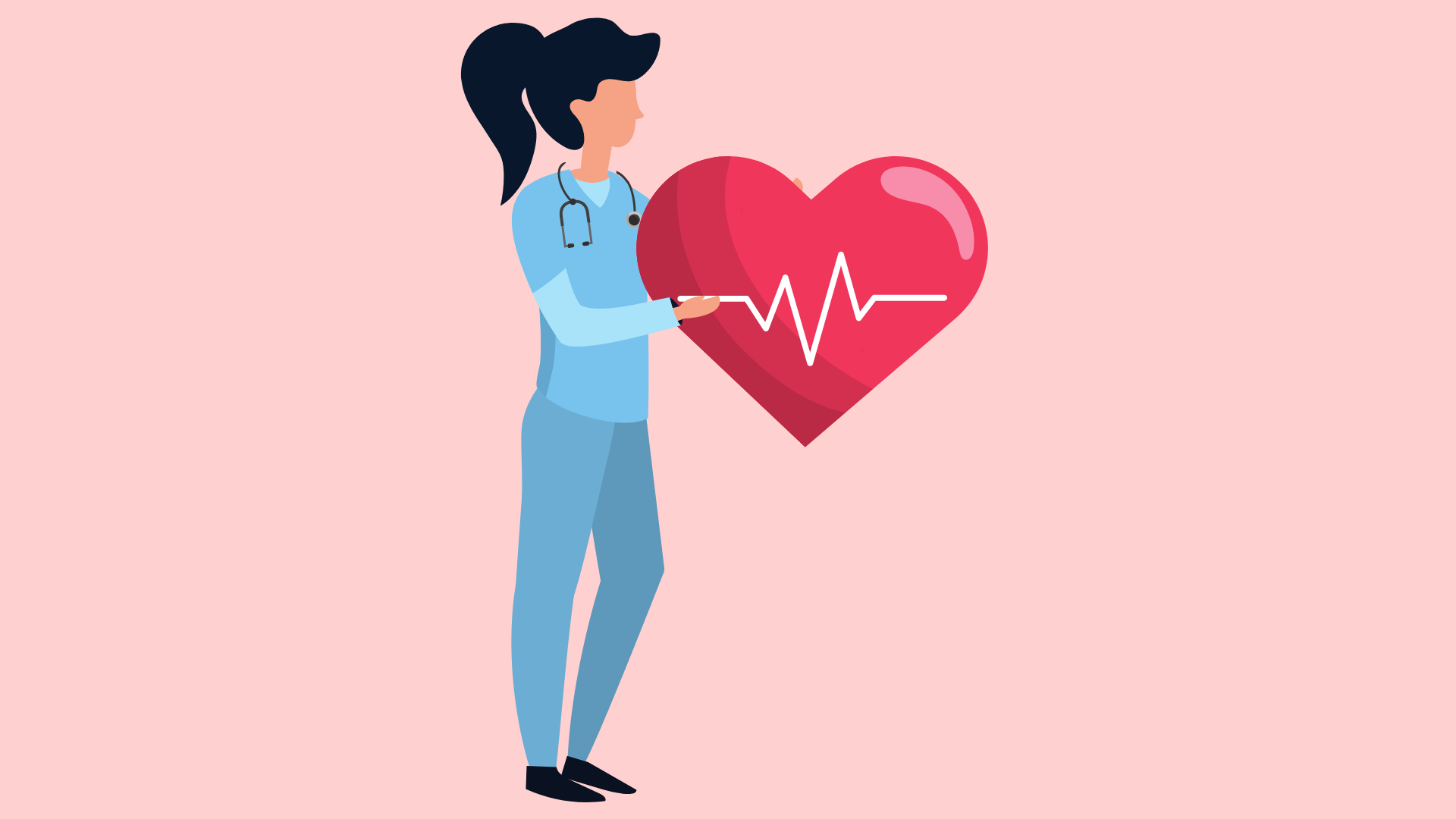In today’s fast-paced world, finding time to exercise can be a challenge. Yet, the benefits of regular exercise extend far beyond just physical appearance. Engaging in consistent physical activity not only enhances your physical health but also boosts your mental well-being, improves your quality of life, and adds years to your life. Whether you’re looking to lose weight, build muscle, or simply maintain your current level of fitness, incorporating regular exercise into your daily routine is essential. In this post, we’ll explore the top 12 incredible benefits of regular exercise and why it should be a non-negotiable part of your lifestyle.
Table of Contents
1. Improves Cardiovascular Health
One of the most significant benefits of regular exercise is its positive impact on cardiovascular health. Engaging in activities such as running, swimming, or cycling helps strengthen the heart and improves blood circulation throughout the body. This increased circulation reduces the risk of heart disease, high blood pressure, and stroke. Regular aerobic exercise can lower your resting heart rate and improve your heart’s efficiency, ensuring that it pumps blood more effectively. Over time, these improvements can lead to a longer and healthier life, free from the complications associated with poor cardiovascular health.

2. Aids in Weight Management
Regular exercise plays a crucial role in weight management. Whether you’re trying to lose weight or maintain a healthy weight, physical activity helps you burn calories and increase your metabolism. When combined with a balanced diet, regular exercise can lead to significant weight loss and help prevent obesity. Exercise also helps build lean muscle mass, which in turn burns more calories even at rest. By incorporating both aerobic exercises and strength training into your routine, you can create a balanced approach to weight management that promotes long-term success.

3. Enhances Mental Health
Exercise has a profound impact on mental health. Physical activity stimulates the production of endorphins, the body’s natural mood lifters, which can help alleviate symptoms of depression, anxiety, and stress. Regular exercise also reduces the levels of stress hormones such as cortisol, leading to a calmer and more relaxed state of mind. Engaging in regular physical activity can improve sleep patterns, boost self-esteem, and enhance cognitive function. Whether you’re dealing with mental health challenges or simply looking to improve your mood, incorporating regular exercise into your daily routine can have a transformative effect on your overall well-being.

4. Boosts Energy Levels
Feeling sluggish or fatigued? Regular exercise can help. Engaging in physical activity increases your overall energy levels by improving the efficiency of your cardiovascular system and enhancing the delivery of oxygen and nutrients to your muscles. Over time, regular exercise can lead to improved stamina, making daily tasks easier and less exhausting. Additionally, exercise helps regulate your sleep patterns, ensuring that you get the restorative rest you need to feel energized throughout the day. By making regular exercise a habit, you’ll find that you have more energy to tackle whatever life throws your way.

5. Strengthens Muscles and Bones
As we age, our muscles and bones naturally weaken, leading to a higher risk of injury and decreased mobility. Regular exercise, particularly strength training, and weight-bearing activities, helps counteract this process by building and maintaining muscle mass and bone density. Engaging in activities such as weightlifting, resistance training, and even bodyweight exercises like push-ups and squats can help you maintain strong muscles and bones throughout your life. This not only reduces the risk of fractures and osteoporosis but also improves your overall quality of life by allowing you to stay active and independent as you age.

6. Improves Flexibility and Mobility
Flexibility and mobility are essential components of overall fitness, yet they are often overlooked. Regular exercise, especially activities like yoga, Pilates, and stretching, can help improve your flexibility and range of motion. This increased flexibility not only reduces the risk of injury but also enhances your performance in other forms of exercise and daily activities. Improved mobility also contributes to better posture and balance, making it easier to move through life with grace and ease. By incorporating flexibility and mobility exercises into your routine, you’ll ensure that your body remains limber and agile for years to come.

7. Promotes Better Sleep
Struggling with sleep issues? Regular exercise can help. Physical activity has been shown to improve both the quality and duration of sleep. Exercise helps regulate your circadian rhythm, making it easier to fall asleep and stay asleep throughout the night. Additionally, regular exercise reduces the symptoms of sleep disorders such as insomnia and sleep apnea. Whether you prefer morning workouts or evening yoga sessions, incorporating regular physical activity into your daily routine can help you achieve a more restful and rejuvenating night’s sleep.

8. Boosts Immune System
A strong immune system is essential for overall health and well-being, and regular exercise plays a crucial role in boosting your immune system. Physical activity helps flush bacteria out of the lungs and airways, reducing the likelihood of catching a cold or other illnesses. Exercise also promotes the circulation of white blood cells, the body’s natural defense against infection. By engaging in regular exercise, you can strengthen your immune system and reduce the risk of chronic diseases, including heart disease, diabetes, and certain cancers.

9. Enhances Cognitive Function
Regular exercise is not just beneficial for your body; it’s also great for your brain. Physical activity has been shown to enhance cognitive function, including memory, attention, and problem-solving skills. Exercise increases blood flow to the brain, which promotes the growth of new brain cells and improves overall brain function. Additionally, regular exercise has been linked to a reduced risk of cognitive decline and neurodegenerative diseases such as Alzheimer’s and dementia. Whether you’re young or old, incorporating regular exercise into your routine can help keep your mind sharp and focused.

10. Reduces Stress and Anxiety
In today’s busy world, stress and anxiety are common challenges that many people face. Regular exercise is a powerful tool for managing these mental health issues. Physical activity stimulates the production of endorphins, which act as natural stress relievers. Exercise also helps reduce the levels of stress hormones in the body, leading to a calmer and more relaxed state of mind. Whether you’re dealing with work-related stress, relationship issues, or general anxiety, incorporating regular exercise into your routine can help you find relief and improve your overall mental well-being.

11. Improves Self-Esteem and Confidence
Regular exercise has a profound impact on self-esteem and confidence. Engaging in physical activity helps you achieve your fitness goals, which in turn boosts your self-confidence and body image. Exercise also promotes the release of endorphins, which enhance your mood and overall sense of well-being. As you become more fit and healthy, you’ll feel more confident in your abilities and appearance. Whether you’re working towards a specific fitness goal or simply looking to improve your overall health, regular exercise can help you build the self-esteem and confidence you need to thrive.

12. Increases Longevity
Perhaps one of the most compelling reasons to engage in regular exercise is its impact on longevity. Numerous studies have shown that regular physical activity is associated with a longer life expectancy. Exercise helps reduce the risk of chronic diseases, improves cardiovascular health, and promotes overall well-being, all of which contribute to a longer and healthier life. By making regular exercise a part of your daily routine, you can increase your chances of living a longer, more fulfilling life.

Conclusion
Incorporating regular exercise into your daily routine is one of the best things you can do for your health and well-being. From improving cardiovascular health and aiding in weight management to enhancing mental health and boosting energy levels, the benefits of regular exercise are truly incredible.
Whether you’re a fitness enthusiast or just starting on your fitness journey, remember that consistency is key. By making exercise a regular part of your life, you’ll not only enjoy these 12 incredible benefits but also experience a higher quality of life overall. So, lace up your sneakers, hit the gym, or take a walk in the park – your body and mind will thank you for it!
FAQ
1. What are the benefits of regular exercise?
Regular exercise provides numerous benefits, including improved cardiovascular health, weight management, enhanced mental health, increased energy levels, stronger muscles and bones, better sleep, a boosted immune system, and improved cognitive function, among others.
2. How much exercise do I need to do daily?
The general recommendation is at least 30 minutes of moderate-intensity exercise most days of the week. This can include activities like brisk walking, cycling, or swimming. For more intense exercise, such as running or strength training, 75 minutes per week may suffice.
3. Can I lose weight just by exercising?
While exercise is a key component of weight loss, combining it with a healthy diet is the most effective strategy. Regular physical activity helps burn calories and build muscle, which can increase your metabolism and aid in weight loss.
4. How does exercise help with stress relief?
Exercise reduces stress by lowering cortisol levels (the stress hormone) and releasing endorphins, which are natural mood enhancers. Physical activity also improves sleep quality and boosts self-confidence, both of which can help manage stress.
5. What are the best exercises for mental health?
Aerobic exercises like running, swimming, cycling, and walking are particularly beneficial for mental health. Activities like yoga and Pilates also promote relaxation and mindfulness, which can help reduce symptoms of anxiety and depression.
6. How quickly can I see results from regular exercise?
The timeline for seeing results can vary depending on the type of exercise, consistency, and individual factors. Generally, you may start noticing physical changes in 4-6 weeks, such as increased stamina and muscle tone. Mental health benefits, like improved mood and reduced stress, can often be felt immediately after exercise.
7. Can I exercise if I have a chronic condition?
Yes, many chronic conditions can benefit from regular exercise, but it’s important to consult with your healthcare provider before starting a new exercise regimen. They can help you design a safe and effective workout plan that accommodates your condition.
8. What is the best time of day to exercise?
The best time to exercise varies from person to person and depends on your schedule, energy levels, and preferences. Some people prefer morning workouts for an energy boost, while others find evening exercise helps them unwind. The key is consistency.
9. How can I stay motivated to exercise regularly?
Staying motivated can be challenging, but setting realistic goals, tracking your progress, varying your workouts, and finding activities you enjoy can help. Joining a fitness class, finding an exercise buddy, or rewarding yourself for reaching milestones can also boost motivation.
10. Is it better to do cardio or strength training for overall health?
Both cardio and strength training are important for overall health. Cardio improves heart health and burns calories, while strength training builds muscle, strengthens bones, and boosts metabolism. A balanced exercise routine should include both types of exercise.
Discover more from Positive Treasure
Subscribe to get the latest posts sent to your email.




